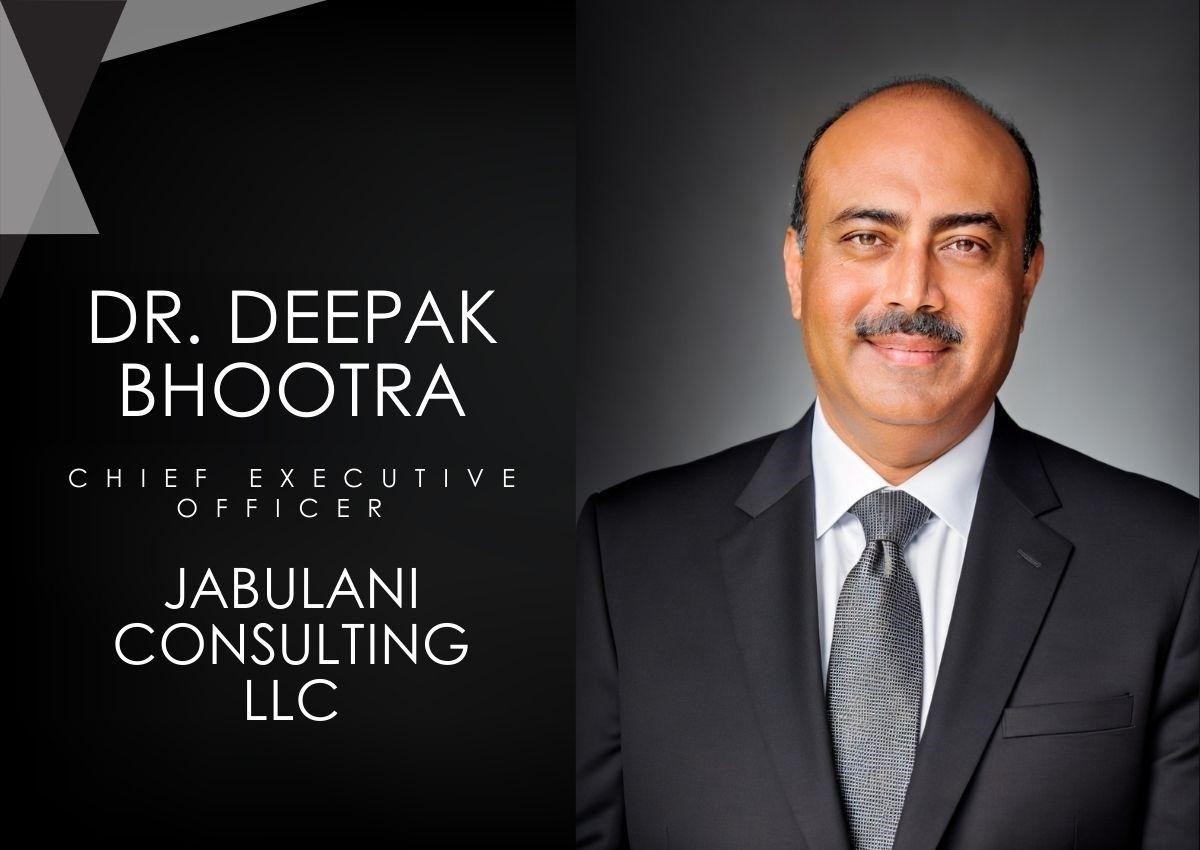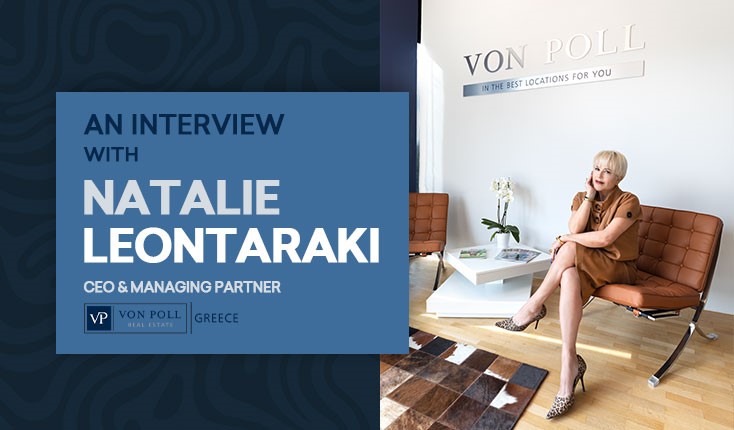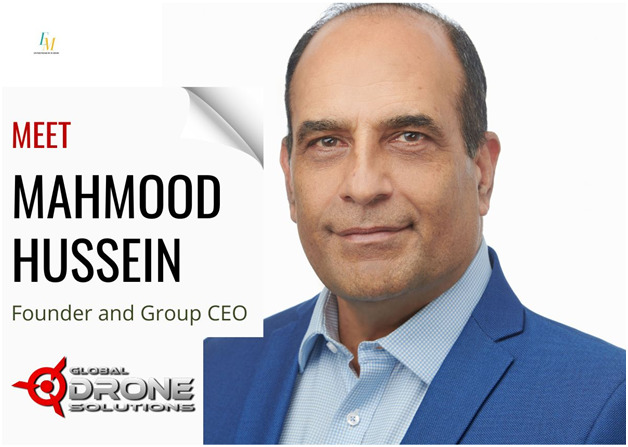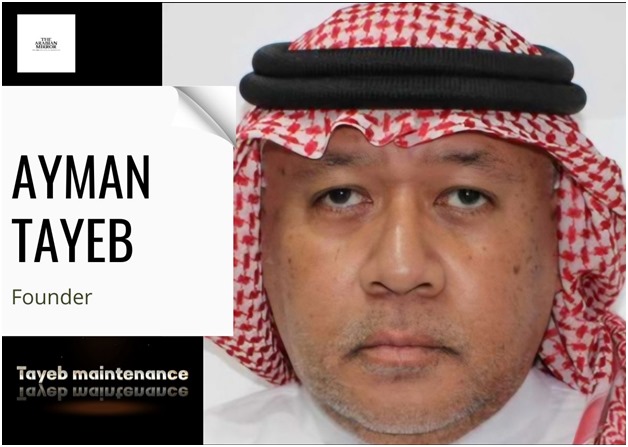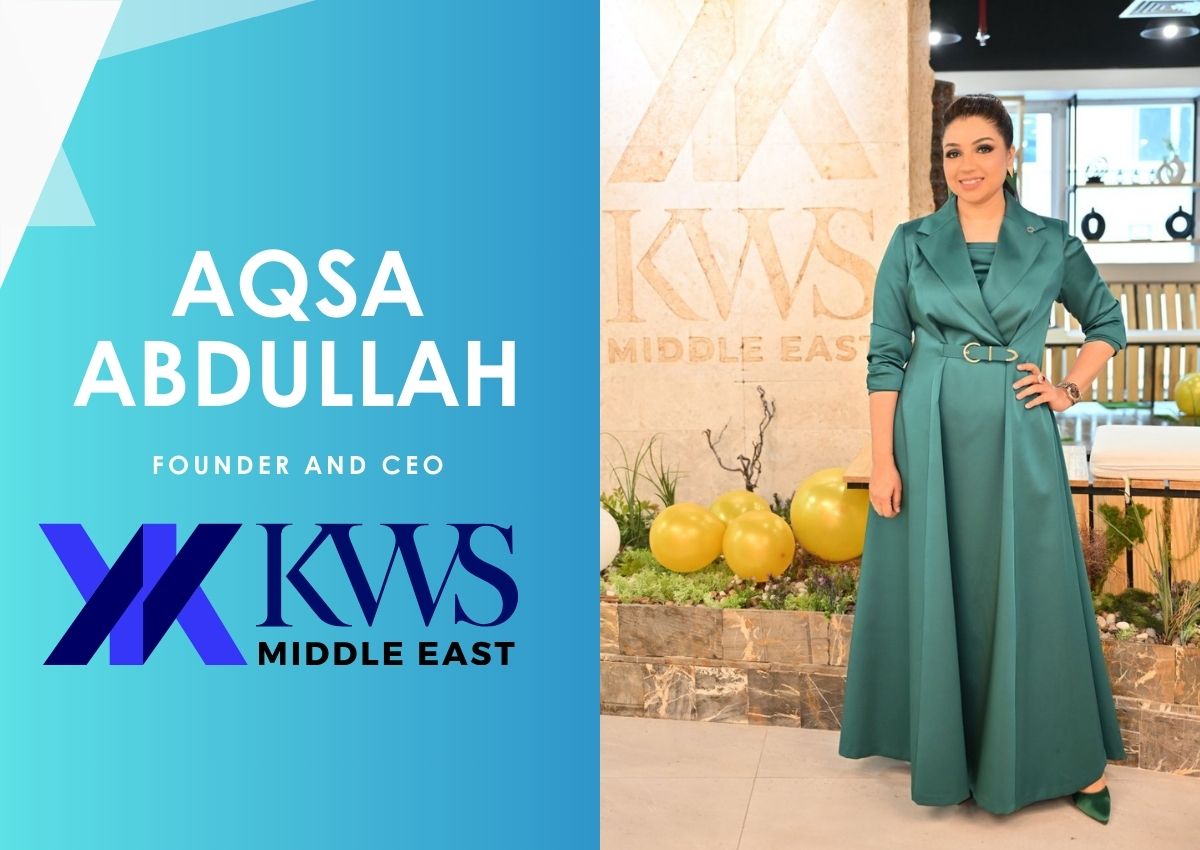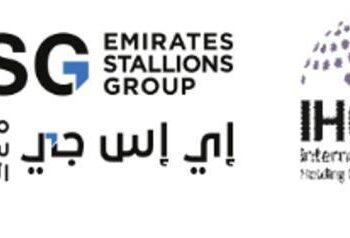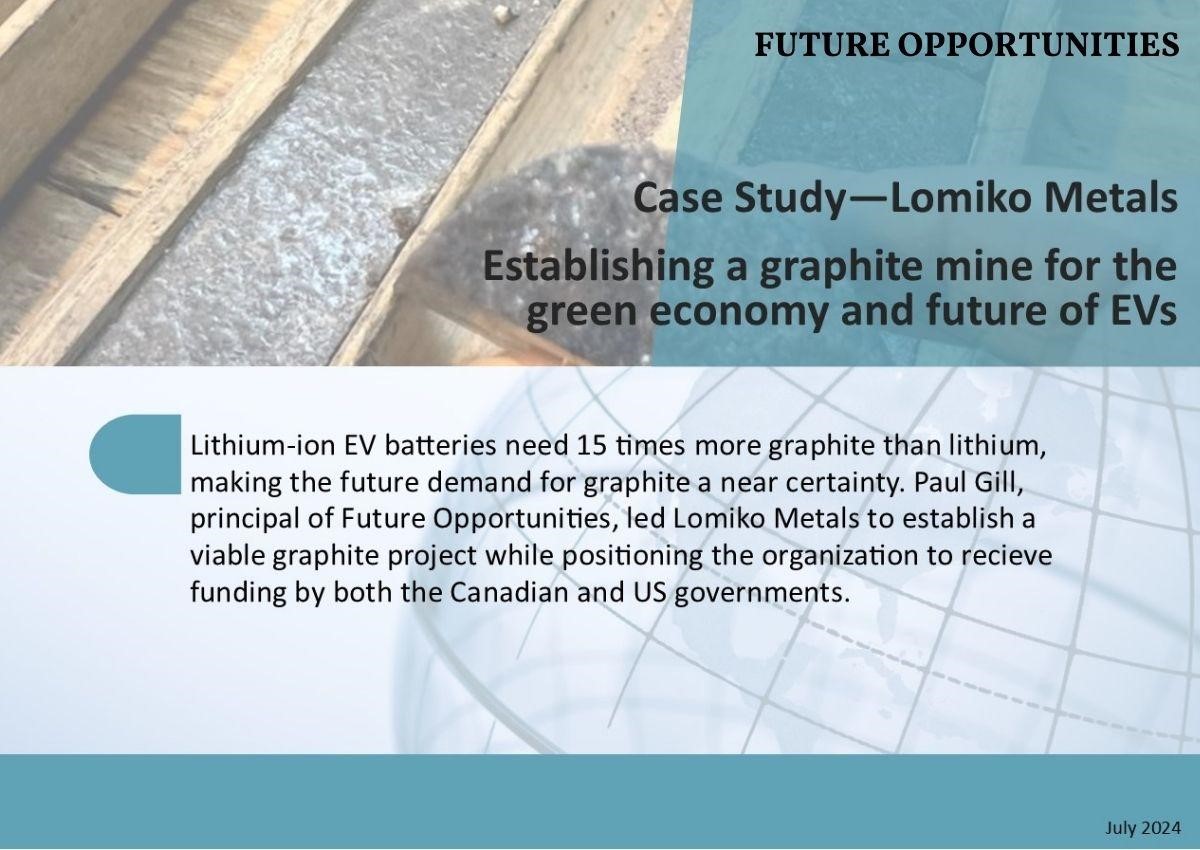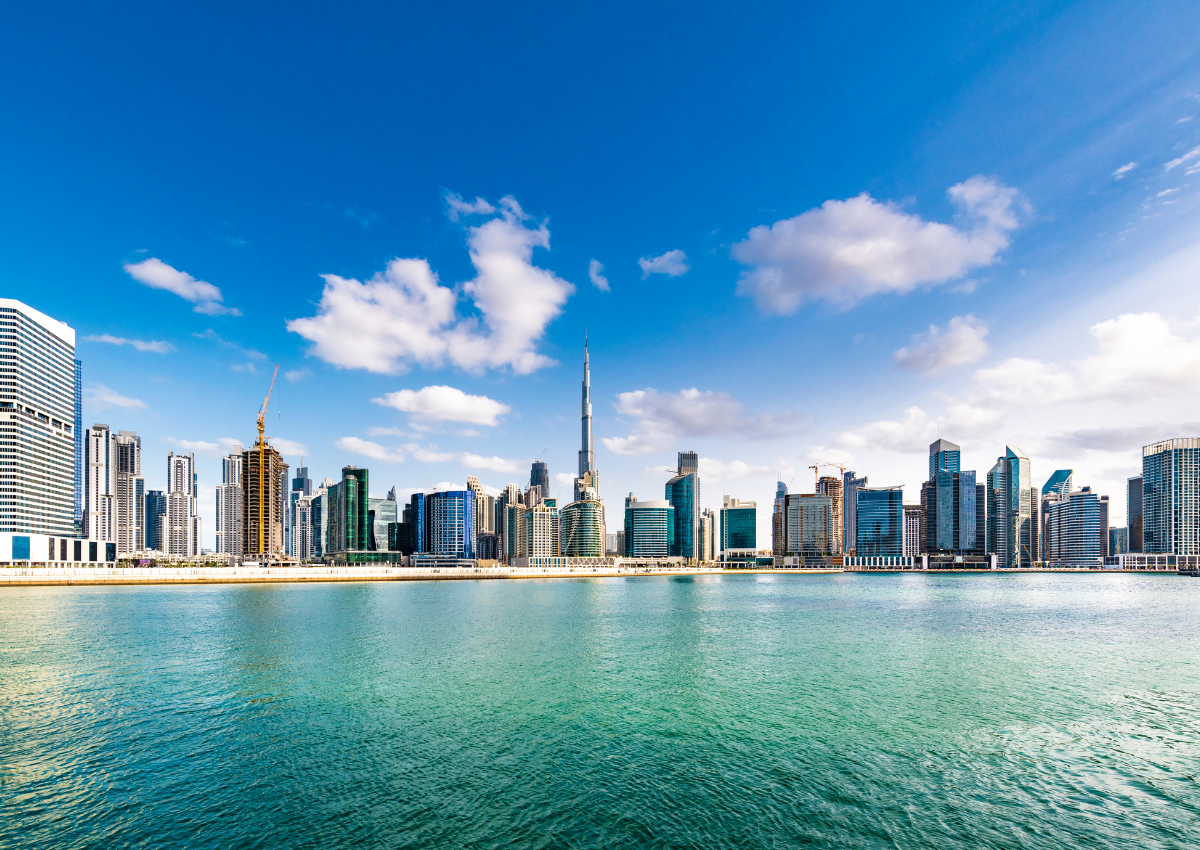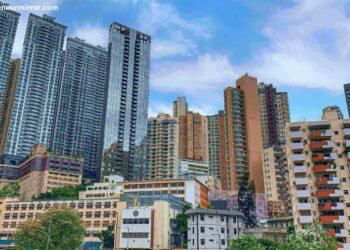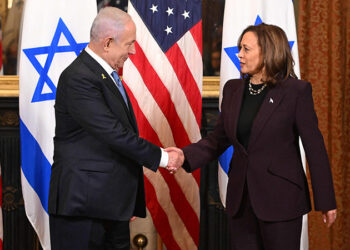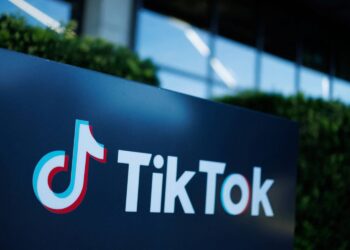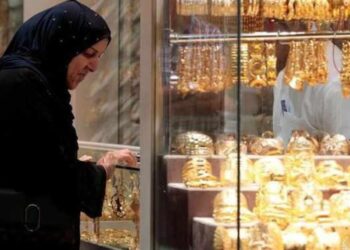Panelists stated that the proposed unified visa would enable member minister nations to present the GCC as a connected destination, increasing accessibility and driving key performance indicators (KPIs) such as length of stay, average spending, and employment. Speakers stated that they will continue to ensure that the travel industry positively impacts local businesses, communities, and ecosystems, thereby contributing to the long-term sustainability of tourism in the region.
Participants also explained how current and future infrastructure will support the GCC Unified Tourist Visa by improving accessibility within and between Gulf countries. In addition to ongoing investment in new and existing airports and cruise terminals, ministerial speakers emphasized the importance of the upcoming GCC Railway in facilitating and optimizing regional access for both domestic and international visitors.
Danielle Curtis, Exhibition Director ME, Arabian Travel Market, stated, “While it’s clear that healthy competition will continue to play an important role in strengthening the GCC’s world-class tourism offering, it was also encouraging to hear how collaboration is allowing the region to become more than the sum of its parts in terms of attracting global travelers. We are extremely grateful to this year’s ministerial participants for sharing valuable insights into the region’s unified tourism future.”
Meanwhile, Andrea Corsini, Emilia Romagna’s Regional Minister for Mobility and Transport, Infrastructure, Tourism, and Commerce in Italy, has emphasised the significance of his country’s participation in the Arabian Travel Market (ATM) in Dubai for the sixth consecutive year.
Also Read:
Amazon Plans to Spend Nearly $9 Billion to Expand Cloud Infrastructure in Singapore


